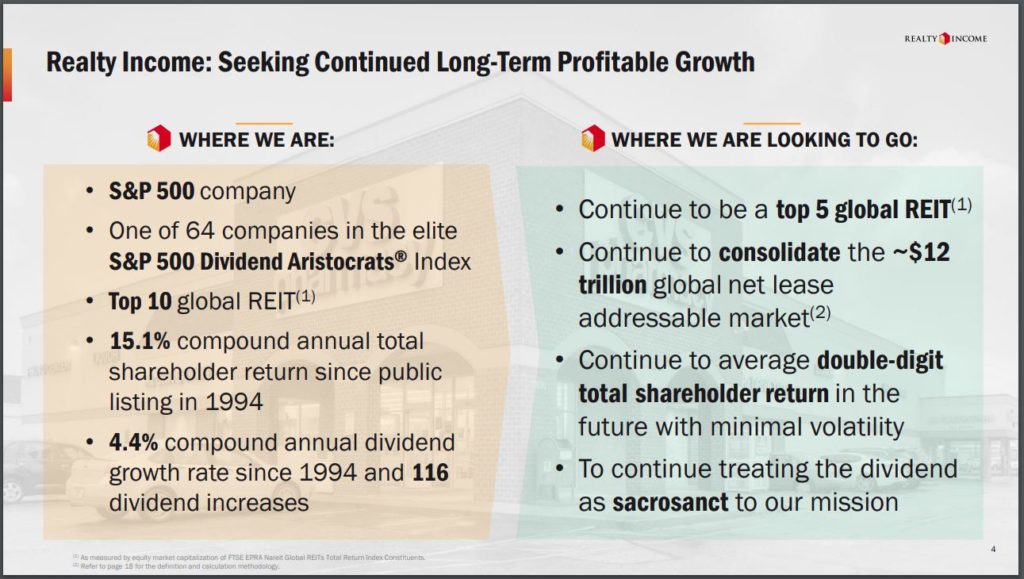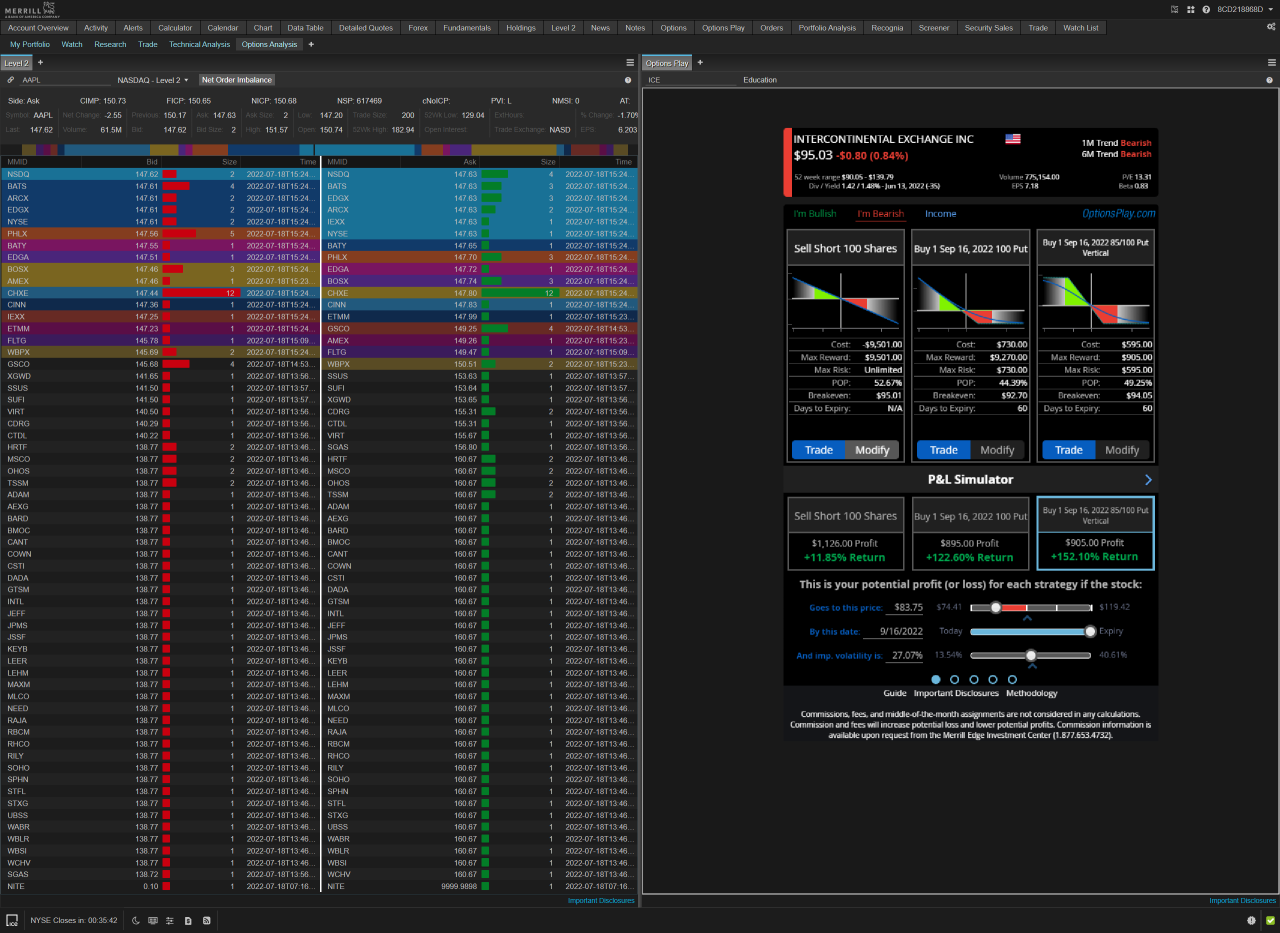Exploring the impact of smart home technology on property values globally, this discussion delves into the key factors, trends, and challenges surrounding this innovative integration. From energy efficiency to security systems, discover how these advancements are reshaping real estate values worldwide.
As we navigate through the intricate relationship between smart home technology and property valuation, a deeper understanding emerges on the profound influence these advancements have on the global real estate market.
Factors influencing property value with smart home technology
Integrating smart home technology can significantly impact property value, with various factors influencing this increase positively.
Energy Efficiency
- Energy-efficient smart devices such as smart thermostats, LED lighting, and smart appliances can reduce energy consumption and utility costs for homeowners.
- Properties equipped with energy-efficient smart technology are more attractive to environmentally conscious buyers, leading to a higher resale value.
- Investing in energy-efficient smart home features can result in a higher Energy Star rating for the property, further boosting its value in the market.
Security Systems
- Smart security systems like video doorbells, smart locks, and surveillance cameras provide homeowners with remote monitoring and enhanced security measures.
- Properties with integrated security systems are perceived as safer and more secure, increasing their desirability among potential buyers.
- The presence of smart security technology can lead to lower insurance premiums for homeowners, adding to the property's overall value.
Global trends in smart home technology adoption

Smart home technology adoption is on the rise globally, with more and more households integrating smart devices into their homes. According to a report by Statista, the global smart home market is expected to reach a value of over $141 billion by 2023, indicating a significant increase in adoption rates.
Impact on property values
- In the United States, regions like Silicon Valley and Seattle have seen a surge in property values due to the high adoption of smart home technology. Homes equipped with smart features such as security systems, smart thermostats, and automated lighting have commanded higher prices in these areas.
- In Asia, countries like Japan and South Korea have embraced smart home technology, leading to an increase in property values in tech-savvy cities like Tokyo and Seoul. Smart homes in these regions are seen as more attractive to buyers, resulting in higher selling prices.
- Europe has also witnessed a growth in smart home technology adoption, particularly in countries like Germany, the UK, and France. Properties with integrated smart systems have become more desirable, leading to an uptick in property values in urban centers.
Regional comparison of adoption rates
- North America has one of the highest adoption rates of smart home technology, with the United States and Canada leading the way. This high adoption rate has directly influenced property values in tech hubs and affluent neighborhoods.
- Asia-Pacific is also experiencing rapid growth in smart home technology adoption, with countries like China and South Korea at the forefront. The correlation between smart home technology adoption and property value changes is evident in major cities across the region.
- Europe, while slightly lagging behind North America and Asia-Pacific in adoption rates, is catching up quickly. The link between smart home technology and property values is becoming more pronounced in European cities as the technology becomes more mainstream.
Smart home technology and sustainability
Smart home technology plays a significant role in promoting sustainable living practices and has a direct impact on property values. The integration of eco-friendly features within smart homes not only benefits the environment but also increases the overall value of the property.
Importance of eco-friendly features in smart homes
- Energy-efficient appliances: Smart homes are equipped with energy-efficient appliances that help reduce electricity consumption, lower utility bills, and decrease carbon emissions.
- Solar panels: The installation of solar panels in smart homes enables homeowners to generate their electricity, reducing reliance on traditional energy sources and contributing to a greener environment.
- Smart thermostats: Automated heating and cooling systems in smart homes optimize energy usage by adjusting temperatures based on occupancy and external conditions, leading to energy savings.
Examples of sustainable smart home technologies
- Smart lighting systems: Energy-efficient LED bulbs, motion sensors, and automation features in smart lighting systems help reduce electricity consumption and enhance the overall ambiance of the home.
- Water-saving fixtures: Smart homes incorporate water-saving fixtures such as low-flow toilets, faucets, and showerheads, which minimize water wastage and contribute to sustainable water management.
- Green roofs: Some smart homes feature green roofs with vegetation that help improve air quality, regulate indoor temperatures, and reduce stormwater runoff, thereby increasing property value.
Challenges and limitations of smart home technology in property valuation

Smart home technology has the potential to significantly impact property valuation, but it also comes with its own set of challenges and limitations that need to be considered.
Common challenges in determining the impact of smart home technology on property values
- Difficulty in quantifying the added value of smart home features: It can be challenging to accurately assess how much value smart home technology adds to a property, as it varies depending on the specific features and their perceived value by potential buyers.
- Lack of historical data: Since smart home technology is a relatively new phenomenon, there may be limited historical data available to compare sales prices of homes with and without smart features.
- Evolving technology: The rapid pace of technological advancements means that what is considered cutting-edge today may become outdated in a few years, potentially impacting the perceived value of smart home features.
Limitations of integrating certain smart home devices and their effect on property valuation
- Compatibility issues: Some smart home devices may not be compatible with existing systems in a property, leading to additional costs for installation or upgrades, which can deter potential buyers.
- Security concerns: The integration of certain smart home devices, especially those connected to the internet, may raise security and privacy concerns for homeowners, potentially devaluing the property.
- Complexity of use: Some smart home devices may be too complex for the average homeowner to use effectively, leading to underutilization and diminishing their impact on property value.
Lack of standardization in smart home technology hindering accurate property valuation globally
The lack of standardization in smart home technology poses a challenge for property valuation, as there is no universal set of criteria or metrics to determine the value of smart features across different markets. This inconsistency can make it difficult to accurately assess the impact of smart home technology on property values on a global scale.
Summary

In conclusion, the profound impact of smart home technology on property values is undeniable. As sustainable living practices and technological innovations continue to evolve, the real estate landscape is undergoing a transformative shift. By embracing these advancements, property owners and buyers alike stand to benefit from the increasing value and efficiency that smart home technology brings to the table.
Quick FAQs
How do energy-efficient smart devices impact property valuation globally?
Energy-efficient smart devices can significantly increase property values by reducing utility costs, enhancing sustainability, and attracting environmentally-conscious buyers.
What role do security systems play in increasing property value when combined with smart home technology?
Security systems integrated with smart home technology provide added safety and peace of mind, thereby boosting property values due to the enhanced security features.
What are the common challenges faced when determining the impact of smart home technology on property values?
Common challenges include assessing the ROI of smart home upgrades, determining the market demand for such features, and accurately valuing the intangible benefits they provide.
How does smart home technology contribute to sustainable living and influence property values?
Smart home technology promotes sustainable living through energy conservation, reduced carbon footprint, and eco-friendly features, which in turn elevate property values due to their appeal to environmentally-conscious buyers.




